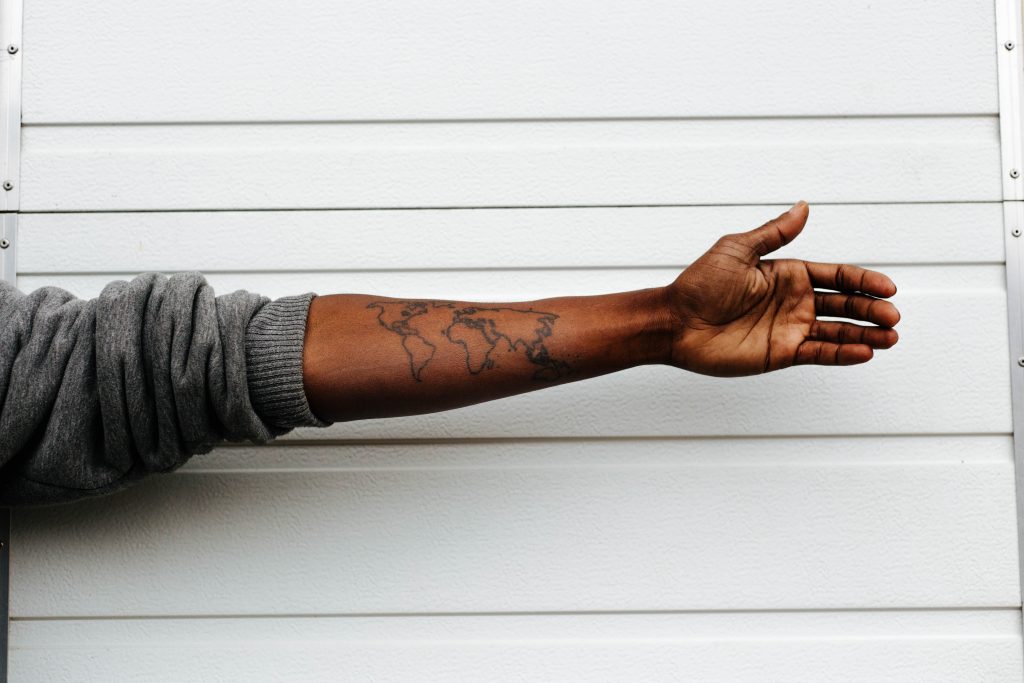
Approximately 50 students gathered in Yates-Gill College Union February 20th for a conversation about radical inclusivity over college-provided Qdoba. Dr. Rodney and Stephenie Smith, who are consultants on diversity and inclusion and change management in higher education, led the workshop.
Smith and Smith have been working with William Jewell College this semester in an effort to create a more equitable campus. They held a similar radical inclusivity workshop back in July for all faculty, staff and students. The February 18 workshop served as a follow-up geared in particular toward students.
Students established rules and intentions for the discussion. Many students wanted to gain a better definition of “radical inclusivity,” a term which has appeared frequently on campus surrounding conversations about diversity and inclusion. Rules established included open-mindedness, respect and civility.
Rodney and Stephenie Smith encouraged students to think about what it means to have conversations “with, not for.” Many students expressed agreement with this idea, which focuses on including underrepresented groups in decision-making instead of making policies meant to help those students without their input.
To begin the discussion, students brought up common narratives surrounding Jewell. Privilege and a lack of diversity were two narratives that students believed deter prospective students. Students also established what demographics make up the majority of Jewell’s campus, settling on 18-22 year olds who are white, heterosexual and middle class.
Since the original July meeting, some of the changes Jewell has been working on include creating a team of students to respond to issues pertaining to inclusivity, mandating faculty to examine how inclusivity fits into their curriculum and creating a common language for discussing campus issues.
Faculty were all given the IDI, or Intercultural Development Inventory test, which scored their intercultural competency. When faculty took the IDI in January of 2018, 57 percent scored in the minimization category, which means they are likely to minimize cultural difference. This percentage is not unusual, but Jewell aims to decrease to 40 percent of faculty in the minimization category by January 2021.
Students then divided into groups to discuss what inclusion practices they would like to start, stop, continue and consider on Jewell’s campus. Many groups wanted to continue courses such as Identity and Society. Students suggested more faculty and student connection, attendance at multicultural club events and changes to student housing policies as improvements Jewell could make.
Some students were concerned that curriculum and structures at Jewell make it easier for majority students to succeed than minority students. Rodney and Stephenie Smith mentioned that this is a problem that administration is aware of. Administration is brainstorming ways to make college student-ready, rather than focusing on making students college-ready.
A follow-up radical inclusivity workshop for students will take place in the near future.
